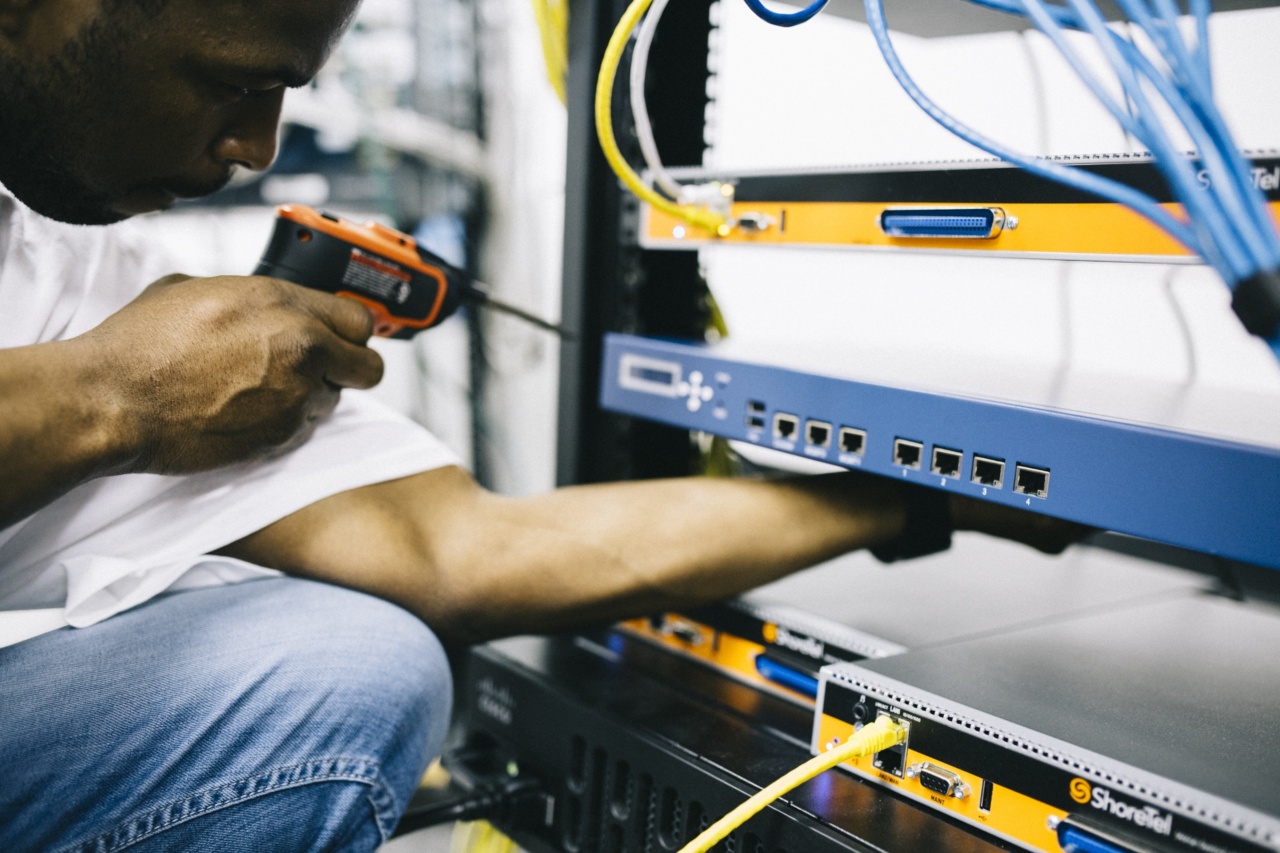When it comes to oral hygiene, brushing your teeth is an essential part of maintaining good dental health. However, with so many options available in the market, it can be overwhelming to choose between a manual toothbrush and an electric toothbrush.
While both serve the same purpose, each has its own set of advantages and disadvantages.
Manual Toothbrush
Manual toothbrushes have been around for centuries and still remain a popular option today. They are the traditional way of brushing and are affordable, easy to use, and readily accessible.
Advantages of Manual Toothbrushes
Here are some of the advantages of using a manual toothbrush:.
1. Affordability
Manual toothbrushes are one of the most affordable options when it comes to oral hygiene. They are easily available at any grocery store or pharmacy, and they don’t require any additional parts or accessories.
2. Availability
Manual toothbrushes are widely available across the world, and almost everyone has access to one. It can be purchased at grocery stores, pharmacies, and online stores, making it one of the most readily available options.
3. Portability
Manual toothbrushes are lightweight and compact, making them easy to carry around. They can be packed in your travel bag without adding any significant weight or bulk to your luggage.
Disadvantages of Manual Toothbrushes
Despite being a popular option, manual toothbrushes do come with a few disadvantages:.
1. Less Effective
Manual toothbrushes rely on human effort to reach all the areas of your mouth. This can sometimes make it less effective in removing plaque and debris, especially from hard-to-reach areas.
2. Limited Features
Manual toothbrushes don’t have many features apart from the bristle size, shape, and stiffness. This means that it cannot cater to specific dental needs, such as sensitivity, gum disease, or enamel erosion.
3. Short Lifespan
Manual toothbrushes need to be replaced every three to four months. This could lead to additional expenses and inconvenience since it needs to be purchased frequently.
Electric Toothbrush
Electric toothbrushes are a more recent innovation in dental care. They have become increasingly popular in recent times, and many people prefer them over the manual toothbrush.
These toothbrushes use a rechargeable battery to power the bristle head, which oscillates and vibrates for an enhanced brushing experience.
Advantages of Electric Toothbrushes
Here are some of the advantages of using an electric toothbrush:.
1. More Effective
Electric toothbrushes are more effective in removing plaque and debris from teeth, particularly in hard-to-reach areas like the back of teeth and deep gum pockets.
2. Greater Consistency
Electric toothbrushes are consistent in their brushing motion, making it easier to achieve a uniform clean. They also have timers and pressure sensors that alert you when you should change the brushing direction or when you are brushing too hard.
3. Accommodates Specific Dental Needs
Electric toothbrushes have multiple modes and brush heads that can cater to specific dental needs. There are modes for sensitive teeth, gum care, and whitening, allowing you to customize your brushing experience as per your requirements.
Disadvantages of Electric Toothbrushes
Despite their popularity, electric toothbrushes have a few disadvantages:.
1. Expensive
Electric toothbrushes are more expensive than manual toothbrushes. They require an initial investment of getting the toothbrush, charger, and replacement heads.
2. Bigger and Bulkier
Electric toothbrushes are bigger and bulkier than manual toothbrushes. They take up more space on the bathroom counter and are less portable than manual toothbrushes.
3. Technology Failure
Electric toothbrushes have moving parts and technology components that could fail. If that happens, the toothbrush will need to be replaced or repaired, which could lead to additional expenses.
Which is Better?
The choice between a manual toothbrush and an electric toothbrush comes down to personal preference and dental needs. Both have their unique advantages and disadvantages, and you should pick the one that works best for you.
If you have sensitive teeth, gum disease, or you wear braces, an electric toothbrush may be the better option to ensure thorough cleaning for these specific dental needs.
If you are traveling, or you want a more affordable option, a manual toothbrush may be the best option.
Ultimately, whichever option you choose, remember to brush twice a day, floss, use mouthwash and see your dentist regularly for a healthy oral hygiene routine.





























